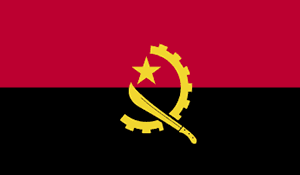
Angola: obbligazioni, indici, ratings di credito
Nome del paese
Angola
Debito obbligazionario
22.096 ml USD













